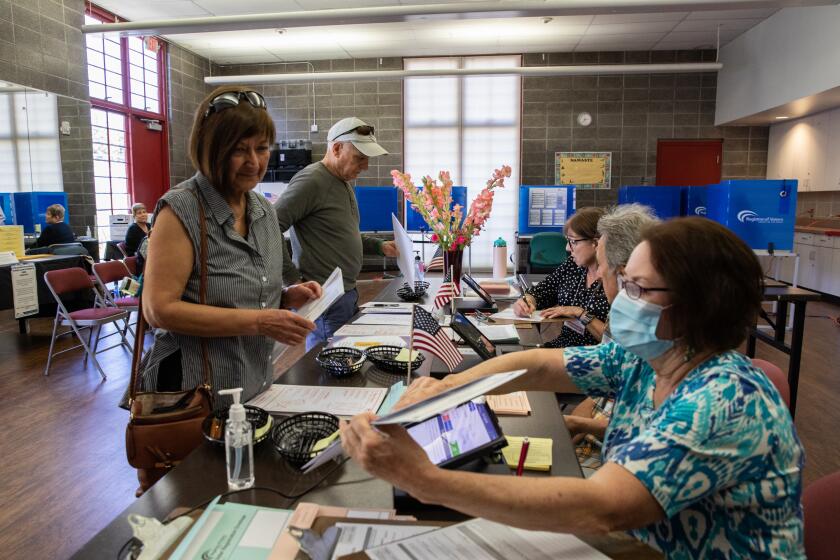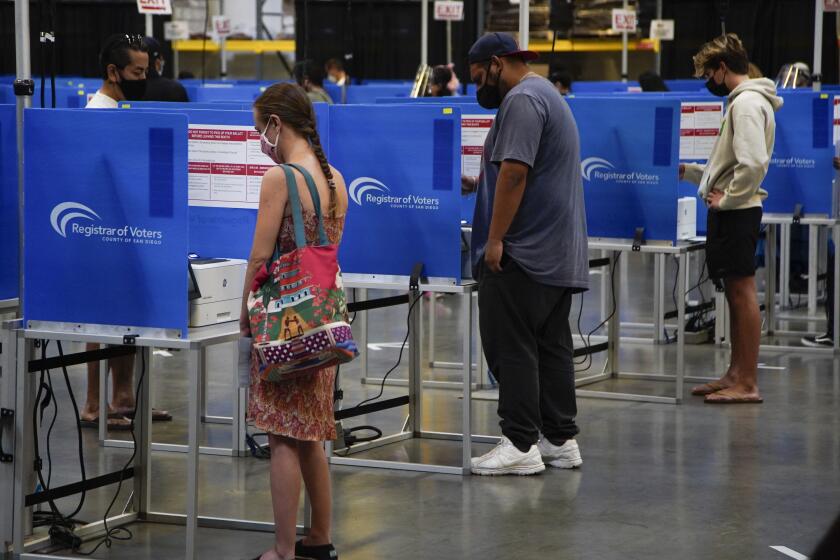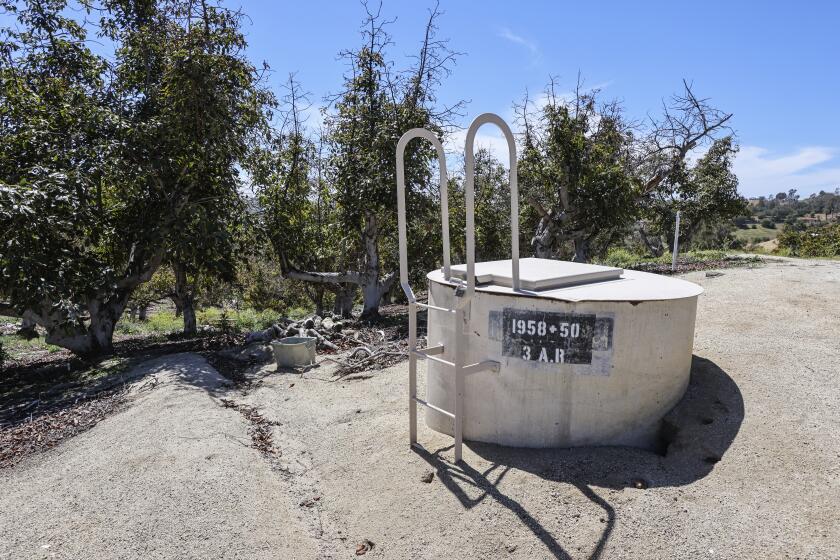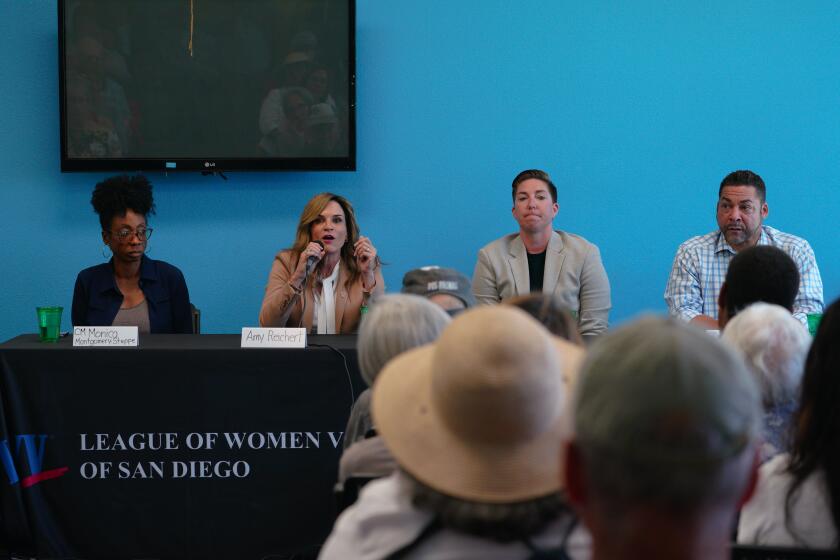Student video puts faces on refugee crisis
Three North County students are trying to bring Europe’s refugee crisis closer to home for San Diego residents, through a documentary they shot in Italy and Germany this year.
Justin Vaughn, Adrian Agresti and Elliott Lehrer, all juniors at Pacific Ridge School in Carlsbad, embarked on their project as part of a service learning program at their campus. The three teens are part of a video production group that creates informational videos for the school and other organizations. Most of the topics are local, but the three decided to plan a trip to capture video on the crisis.
“We thought it could be a very compelling story that we could cover and distribute,” Vaughn said. “We decided that if we were to go make a documentary on this, hopefully we could do something in our community to raise awareness. This is a big issue happening in Europe, but because we don’t see it, we don’t think about it.”
The three sought travel grants through the school, and launched a crowd-funded campaign to cover their travel expense and equipment. Accompanied by Lehrer’s father, they started their journey to Italy.
“We flew to Naples Italy, where we stayed for two days, got a few interviews, and travelled north, similar to the path that refugees take, to Munich and then Berlin, Bautzen and Hamburg,” Vaughn said.
In Naples they interviewed members of the United Nations Human Rights Commission, and from there they connected with other social service providers and the immigrants they represented. Although Agresti is fluent in German, Vaughn said they conducted most interviews in English.
Despite widespread reporting on the physical hazards facing immigrants crossing the Mediterranean from the Middle East to Europe, the group found that one of the primary obstacles their subjects faced was paperwork.
“Mostly it was things to do with bureaucracy,” Vaughn said. “They have to get all sorts of papers filled out to stay in these places. For the people in Germany, it was a long waiting period between when you applied to live in the country, and when you heard that you are able to stay. It was difficult to get jobs, because you have to prove that you’re not taking someone else’s job.”
Most of the locals they interviewed were sympathetic to the immigrants, and some had volunteered to help refugees by coordinating housing or teaching them German, he said, although he acknowledged that critics may have kept quiet about their concerns.
“We didn’t hear anyone who was staunchly against the migrants,” Vaughn said. “That’s part of the flaw in our journey, because it was harder to get them to talk.”
The documentary will run 30 to 60 minutes, he said, and should be edited and released in the fall.






